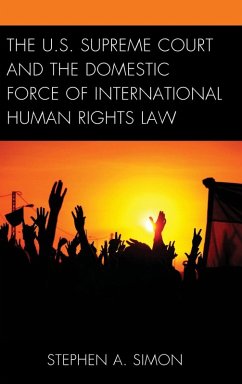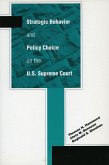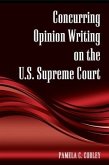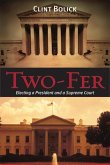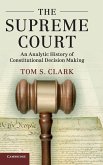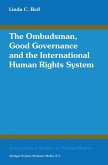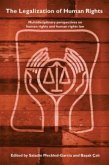The core idea underlying human rights is that everyone is inherently and equally worthy of respect as a person. The emergence of that idea has been one of the most significant international developments since the Second World War. But it is one thing to embrace something as an aspirational ideal and quite another to recognize it as enforceable law. The continued development of the international human rights regime brings a pressing question to the fore: What role should international human rights have as law within the American legal system? The U.S. Supreme Court and the Domestic Force of International Human Rights Law examines this question through the prism of the U.S. Supreme Court's handling of controversies bearing most closely on it. It shows that the specific disputes the Court has addressed can be best understood by recognizing how each interconnects with an overarching debate over the proper role to be accorded international human rights law within American institutions. By approaching the subject from the justices' standpoint, this book reveals a divide in the Court between two fundamentally different orientations toward the domestic impact of the international human rights regime.

